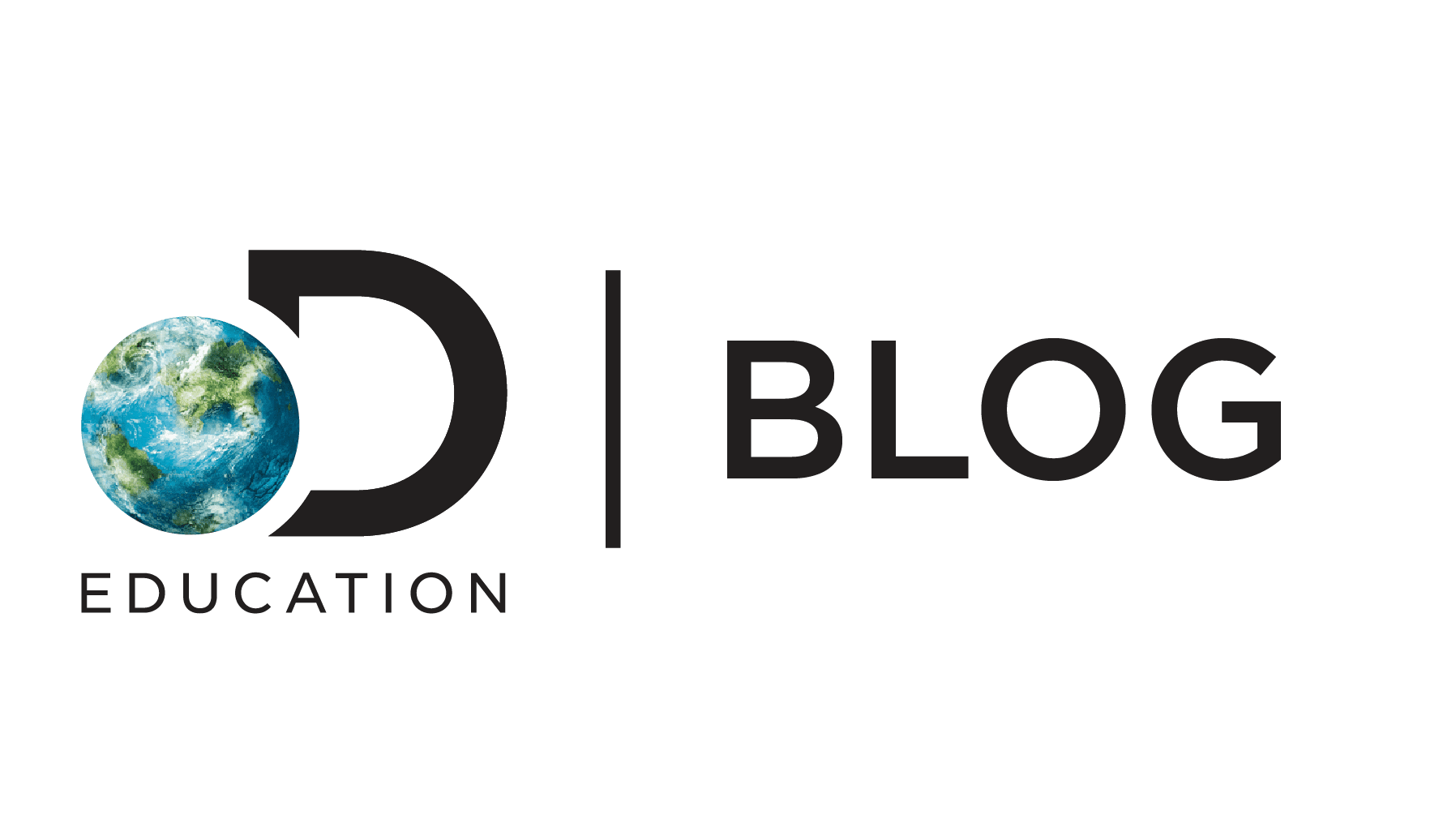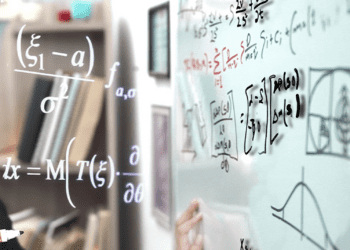“Every block of stone has a statue inside it, and it is the task of the sculptor to discover it.”
– Michelangelo
Michelangelo’s quote is one that’s been applied to many other fields. So it should come as no surprise that his wisdom also applies to how good educators can bring out the best in their students.
To decompress at home after a long day, I throw clay on a pottery wheel. I’m no Michelangelo, but one of the things this hobby has taught me is that forcing something into what I want it to be usually doesn’t work out. I’ll throw a ball of clay on the wheel, setting out to make a mug. But as the wheel spins, and I influence the clay by putting pressure on it or moving it around the wheel, often I discover the clay has a mind of its own for what it wants to become. I’ve learned that if I incorporate that tendency of the clay, rather than beat it back into what I had intended it to be, the result is much more successful.
Over the years, I’ve learned that relinquishing control often yields a more beautiful piece of art than what would have existed if I insisted on exerting my will over the clay.
Find more ways to teach game-changing skills like coding by signing in today!
One of the recent challenges my district’s teachers have been faced with is making the leap to a new relationship with students – one augmented by technology. Instead of a top-down, authoritative approach to classroom instruction, many teachers have embraced the notion that by democratizing access to information, they don’t always need to be the expert on every topic.

More of our teachers are looking to their students to help them become better educators. Without a doubt, our students know more about what’s out there than we do. Giving them the opportunity to share what they know by flipping the teacher/student relationship certainly has its advantages.
Though technology has been a cornerstone of our district for decades, our use of technology has been transformational over the past four years. Classroom devices have moved from discreet computer labs to an everyday presence throughout school buildings. We’ve equipped our K-8 students with classroom devices ranging from laptops to tablets. We’re not just teaching keyboarding in our tech labs anymore. We’re using those labs now to teach coding, showing students how to master technology by understanding what makes the computer do the things that it does and what happens when you manipulate those programs in new ways.
These devices have given students opportunities to learn and share their learning with their peers and a broader audience. Students’ responsibilities have evolved from rote memorization and single-audience term papers to exploring abstract concepts in group settings.
Services like Discovery Education, DE Coding, and DE Techbooks are woven into the canvas of resources our students can explore and through which they can share, expressing what they’ve learned in their own unique way.
Technologies like these give our students opportunities to choose how they learn, rather than limiting all students to only one avenue for expression.
We’re fostering learning environments where we can say to our students, “Here’s the topic-now go explore. Open your laptops, see what you can learn, share it, and we’ll connect the pieces together.” At this stage in their education, it’s not necessarily about defining a career as much as it is about helping students understand the possibilities that exist for learning.
This is a lot to take in for many educators. It requires taking a risk-giving students permission to fail while trusting that they’ll learn from their mistakes. It requires being a mentor and a guide, not a dictator or a drill sergeant.
Through Discovery Education’s professional development sessions, our educators’ eyes were opened to the possibilities of what can be achieved by integrating technology into the curriculum. We’re collectively beginning to shift our own understandings for what our students can be.
Rather than forcing our students, like a ball of clay on my pottery wheel, to learn in the ways we think are best, there is much to be gained by following their lead as we all move forward in our learning.
About the Author
This column was submitted by Branchburg Township School Districts’ (NJ) Superintendent of Schools Rebecca Gensel.






